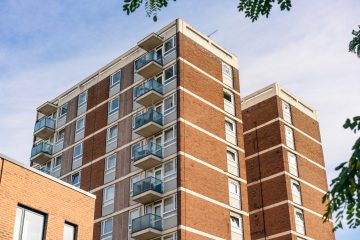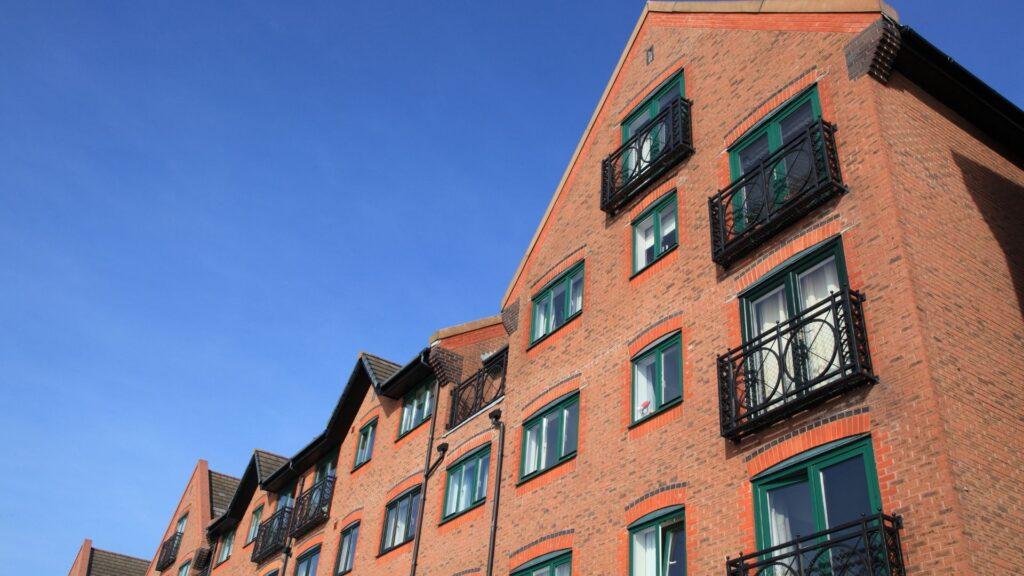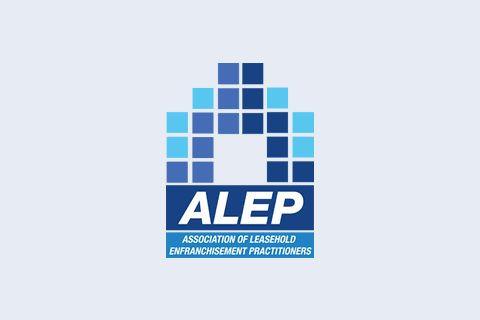ALEP calls on Government to amend Building Safety Act
Home | Member News | ALEP calls on Government to amend Building Safety Act

Share this article
The Association of Leasehold Enfranchisement Professionals (ALEP) has written to the Government to call for an urgent amendment to the Building Safety Act 2022 (‘BSA’), which it says is currently causing doubt and uncertainty for leaseholders and the professionals trying to advise them.
ALEP’s letter to Rachel Maclean, Minister of State (Housing and Planning) highlights a key concern over the definition of a ‘qualifying lease’ under Section 119 of the Building Safety Act, which states that the lease needs to have been granted before 14 February 2022 in order to qualify.
Mark Chick, Director at ALEP, said: “As worded, the definition raises the question of whether a new lease granted on or after 14 February 2022 will be a ‘qualifying lease’, in circumstances where the existing lease is a ‘qualifying lease’.
“This issue is causing doubt and uncertainty for leaseholders, which advisors are now obliged to address in each individual case. The issue was compounded by unclear guidance on the matter published by the Department for Levelling-Up, Housing and Communities.
“ALEP contacted the Minister to clarify the definition with the aim of getting clarity for our members and their clients and, subsequently the guidance note has been further amended. Government clearly acknowledges that there is a problem here as the renewed guidance states:
‘9. If you are a qualifying leaseholder and you extend or vary your lease, you may surrender your existing lease and be granted a new lease. As the new lease will not have been granted before 14 February 2022, the statutory leaseholder protections in the Building Safety Act 2022 will not apply. We are looking to legislate to resolve this issue as soon as Parliamentary time allows. In the meantime, before seeking a new extended or varied lease, leaseholders should seek legal advice and seek to come to agreements with landlords to apply the same protections as contractual terms.’
“Though this revision to the guidance note is helpful, it simply acknowledges that there is now a significant lacuna for anyone with a qualifying lease with BSA protection who wants to extend this. Whilst most leases in affected properties will be ‘long’ leaseholders they may also face issues with ground rents / RPI reviews that they would normally wish to address by a statutory renewal of the lease. The current situation means that this cannot be done without losing the qualifying leaseholder protection.”
“As the updated guidance note acknowledges, the Government now needs to address the deficiencies in the current wording of the Building Safety Act legislation to clarify the definition of a ‘qualifying lease’.”
He continues:
“Whilst the policy objective and overarching goal for leasehold reform has been to make the process ‘simpler, quicker and cheaper for leaseholders,’ the definition of ‘qualifying lease’ contained in Section 119 of the BSA fails on all three counts.
“It has not made the process simpler because the issue of whether the new lease is protected under the Act has been made far more complex. It has not made the process quicker, because the uncertainty caused gives rise to a whole area of specialist enquiry to be undertaken before a claim can be made.
“And it has not made the process cheaper, both because it raises the question of whether the removal of protected status gives rise to any valuation issues, and because the extra work involved necessarily incurs additional professional fees.
“I cannot believe that it was the Government’s intention to create doubt and uncertainty. However, if the goal is to ensure that a new lease granted under the 1993 Act can be a ‘qualifying lease’, then the absence of any express provision to that effect in the Building Safety Act is surprising and confusing.
“The Government urgently needs to resolve this problem, and as they now acknowledge a simple amendment to the legislation is required to make it clear that statutory and other renewals of leases will not lose qualifying leaseholder protection. I hope the Government will move swiftly to rectify this problem, which will provide far greater certainty to leaseholders and the professionals advising them.”


